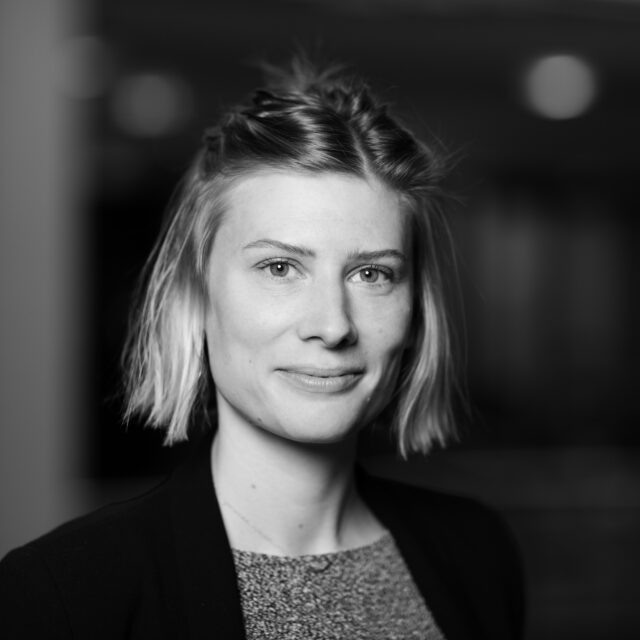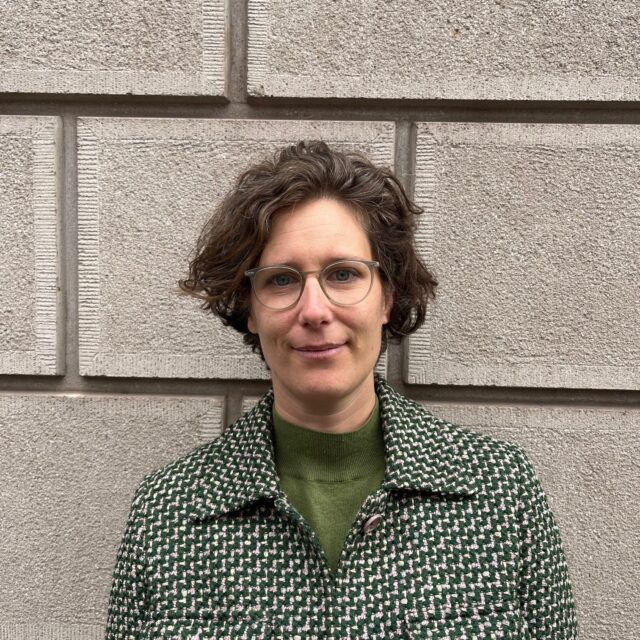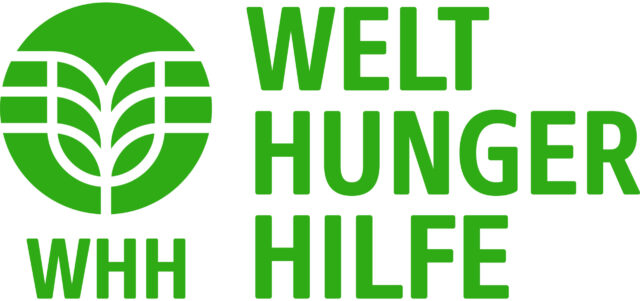Wasser ist essenziell für Landwirtschaft, Ernährungssicherheit, Klimaresilienz, Biodiversität, Gesundheit sowie für Wasser- und Sanitärversorgung. Dennoch bleibt die internationale Wasser-Governance stark fragmentiert: Über 30 UN-Organisationen und zahlreiche Partnerschaften arbeiten parallel, oft ohne ausreichende Koordination.
Die Landwirtschaft beansprucht rund 72% der weltweiten Süßwasserentnahmen. Sie ist damit besonders anfällig für klimabedingte Wasserknappheit und zugleich ein zentraler Treiber von Wasserstress. Um diese Herausforderungen wirksam anzugehen, braucht es stärkere, integrierte Governance, zur Sicherung der Menschenrechte auf Wasser, Sanitärversorgung und Nahrung sowie zur Erreichung der SDGs.
Die UN-Wasserkonferenz 2023, das Mandat der UN-Sondergesandten für Wasser, die UN System-wide Strategy for Water and Sanitation und die UN-Wasserkonferenz 2026 eröffnen neue Chancen für kohärentere, sektorübergreifende Zusammenarbeit.
Das Panel diskutiert, wie stärkere Wasser-Governance resiliente Agrar- und Ernährungssysteme fördern, Ökosysteme schützen und Menschenrechte stärken kann. Es liefert Input für das High-Level-Vorbereitungstreffen zur UN-Wasserkonferenz 2026 in Dakar.
Im Fokus stehen Lösungen auf drei Ebenen: global (mulitlaterale Agenden, Post-2030), sektorübergreifend (Allianzen und Partnerschaften) und national (Praxisbeispiele). Ziel ist es, konkrete Empfehlungen zu entwickeln, wie Governance über diese Ebenen hinweg wirksam zusammenspielen kann.
Ansprechpartner
Podiumsteilnehmerinnen & Podiumsteilnehmer
Keynote-Speakerinnen & Keynote-Speaker

Miriam Haritz
Deputy Director-General, Directorate W I - Water Management & Water Protection
Federal Ministry for the Environment, Climate Action, Nature Conservation and Nuclear Safety, BMUKN

Johannes Cullmann
Federal Institute of Hydrology (Bundesanstalt für Gewässerkunde, BfG & the United Nations University - FLORES
Moderatorinnen, Moderatoren, Podiumsteilnehmerinnen & Podiumsteilnehmer

Kathrin Demmler
Lead Technical Specialist, Knowledge Leadership
Global Alliance for Improved Nutrition, GAIN

Mathias Mogge
Secretary General/CEO
Welthungerhilfe, WHH

Anjani Kapoor
Head of Policy, Accountability and Results
Sanitation and Water for All – a UNICEF-hosted partnership, SWA

Hannah Neumeyer
Germany Representative
WaterAid, WA





